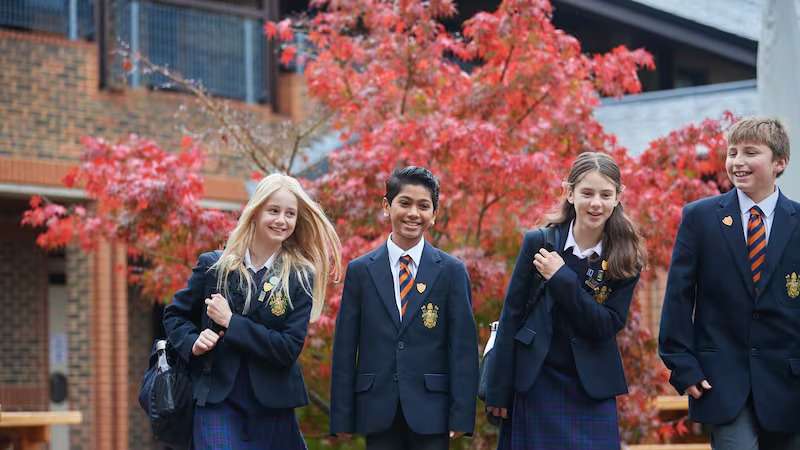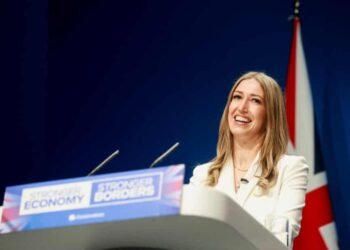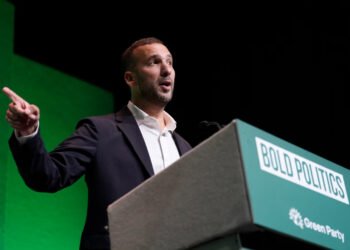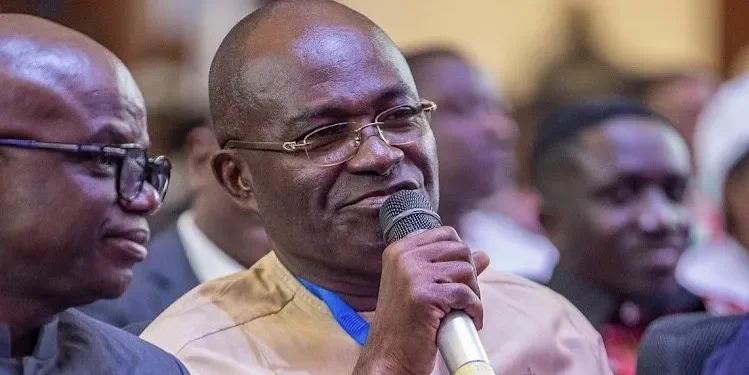Six families have filed a legal challenge against the UK government’s decision to impose VAT on private school fees, arguing that the policy discriminates against certain pupils and could force them into state schools ill-equipped to meet their needs.
The families, backed by the Independent Schools Council (ISC), submitted a High Court judicial review claim, seeking a declaration of incompatibility under section 4 of the Human Rights Act. They contend that the policy breaches the European Convention on Human Rights (ECHR) by causing disproportionate harm to specific groups of children.
The ISC highlighted the diverse reasons families choose private schools, including special educational needs and disabilities (SEND), single-sex education, faith-based learning, and dual-language curriculums.
Julie Robinson, CEO of the ISC, criticized the government’s “blanket approach” to implementing VAT on school fees, which she said ignores the nuanced needs of many families.
“Throughout the debate over charging VAT on education, we have consistently said that the diversity within independent schools has been ignored by policymakers,” Robinson stated. “It is to protect the rights of these families, who are having their choice removed from them by this policy, that we are seeking a declaration of incompatibility.”
The claimants include parents of children with SEND and those attending minority faith schools. The ISC warned that the policy leaves families of vulnerable pupils facing difficult decisions about their children’s education.
Sophie Kemp, head of public law at Kingsley Napley and legal representative for the families, accused the government of insufficient scrutiny. “The families are asking for careful and swift scrutiny of the impact of VAT on their lives which they feel has been ignored by the government as it seeks to rush its policy through,” Kemp said.
Policy’s Financial Impact And Legal Implications
The Chancellor, Rachel Reeves, named as the defendant in the case, has 14 days to submit a defence. The ISC aims for a judicial review in early 2025. Although a successful legal challenge cannot overturn the policy, it could pressure the government to introduce exemptions for affected families.
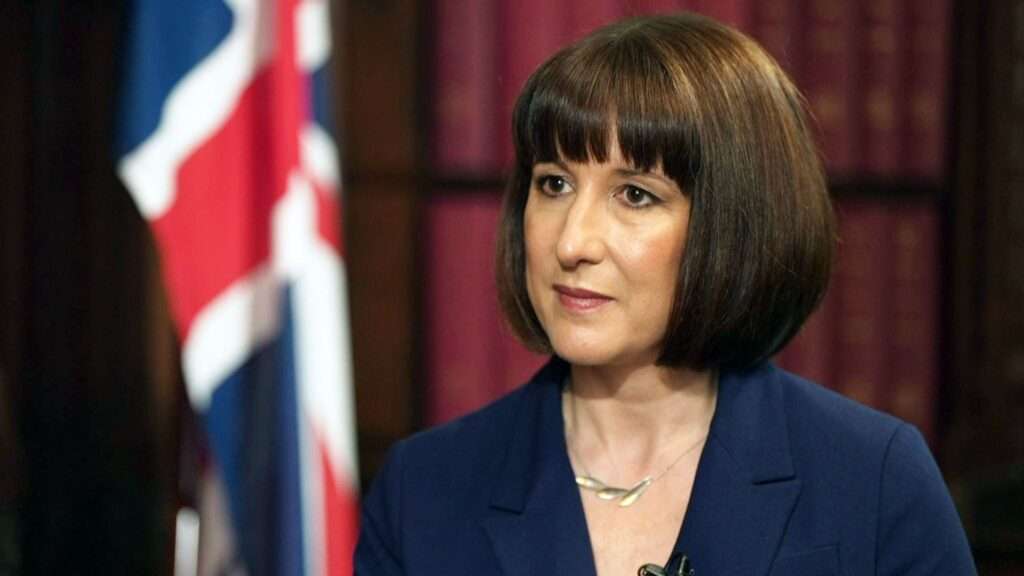
The government estimates the VAT on private school fees will raise £460 million in its first year, climbing to £1.7 billion by 2029/30. Ministers have pledged to use these funds to recruit 6,500 new teachers for state schools.
Private school fees are projected to rise by 10% due to the policy, with 35,000 pupils expected to transition into the state school system over the long term.
An additional 2,000 pupils, including international students and some domestic pupils, are anticipated to leave private education entirely, opting for homeschooling or other alternatives.
A government spokesperson declined to comment on the ongoing legal proceedings, stating, “We do not comment on potential litigation matters.”
While the government frames the VAT as a measure to bolster state education funding, critics argue that it risks destabilizing the private education sector and undermining parental choice.
Robinson emphasized the broader implications of the policy: “Many families have chosen independent schools for reasons such as faith, SEND support, or single-sex education. The government’s approach disregards these needs.”
The judicial review’s outcome will be closely watched as families, schools, and policymakers grapple with the tension between tax reforms and educational diversity.
READ ALSO: Ghana’s Robust FDI Performance: $56.02 Million Secured in Q2 2024



